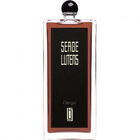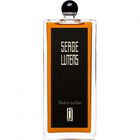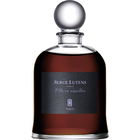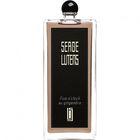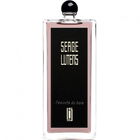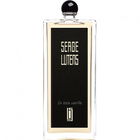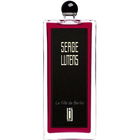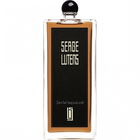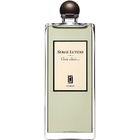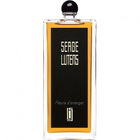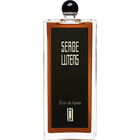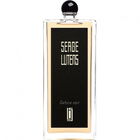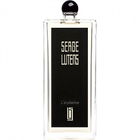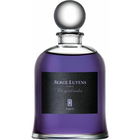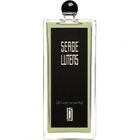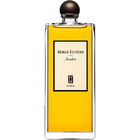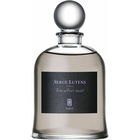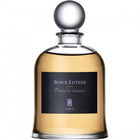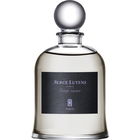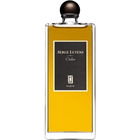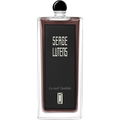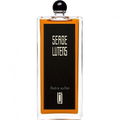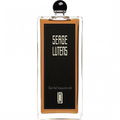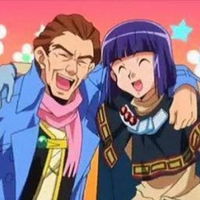
StellaDiverF
213 Reviews

StellaDiverF
Top Review
9
Expensive Immortelle Soliflore
Bourreau des Fleurs is advertised as heavily revolving around immortelle, and that's exactly what I got from this new Section d'Or offering. Upon spraying, the immortelle immediately jumps out with its sweet, maple syrup-related aspects. Decadent dried fruits are drenched in unctuous, golden honey, then get reduced and caramelised, until the dried fruits look like being preserved in amber.
This might sound like a nightmare of gooey molasses, but that's not the case on my skin, as the sweetness feels ambered and are in a lower octave than pure sugar fest. Moreover, if inspected closely, there's a subtle, underlying woody bitterness effectively anchoring the rich sweetness, which might be the doing of licorice and the smoky woody elements.
Bourreau des Fleurs behaves largely in a linear manner and is dominated by this lavish sweetness of immortelle. At around 90 minutes in, the spicy cumin aspect of immortelle suddenly makes a surge and then looms at the periphery, completing the olfactory profile of immortelle. Towards the later dry down, Bourreau des Fleurs sometimes makes me think of an almost resinous honey tobacco, but it eventually feels more like an illusion of immortelle.
The fragrance has a heavy to moderate projection, and lasts comfortably for 9 hours.
I quite enjoy Bourreau des Fleurs for its many facets of immortelle, especially its rich, ambered sweetness. However, the elephant in the room is, without surprise, its price and limited distribution. Personally, I'm not more impressed by Bourreau des Fleurs than other wonderful immortelle-centric fragrances such as Annick Goutal Sables, Lutens' own El Attarine, or Pierre Guillaume Fareb, etc. I would recommend it to those who are looking for an immortelle soliflore, or a generally resinous honey tobacco fragrance, but there are surely other ineresting and more affordable choices out there.
This might sound like a nightmare of gooey molasses, but that's not the case on my skin, as the sweetness feels ambered and are in a lower octave than pure sugar fest. Moreover, if inspected closely, there's a subtle, underlying woody bitterness effectively anchoring the rich sweetness, which might be the doing of licorice and the smoky woody elements.
Bourreau des Fleurs behaves largely in a linear manner and is dominated by this lavish sweetness of immortelle. At around 90 minutes in, the spicy cumin aspect of immortelle suddenly makes a surge and then looms at the periphery, completing the olfactory profile of immortelle. Towards the later dry down, Bourreau des Fleurs sometimes makes me think of an almost resinous honey tobacco, but it eventually feels more like an illusion of immortelle.
The fragrance has a heavy to moderate projection, and lasts comfortably for 9 hours.
I quite enjoy Bourreau des Fleurs for its many facets of immortelle, especially its rich, ambered sweetness. However, the elephant in the room is, without surprise, its price and limited distribution. Personally, I'm not more impressed by Bourreau des Fleurs than other wonderful immortelle-centric fragrances such as Annick Goutal Sables, Lutens' own El Attarine, or Pierre Guillaume Fareb, etc. I would recommend it to those who are looking for an immortelle soliflore, or a generally resinous honey tobacco fragrance, but there are surely other ineresting and more affordable choices out there.





 Immortelle
Immortelle Liquorice
Liquorice Charred wood
Charred wood

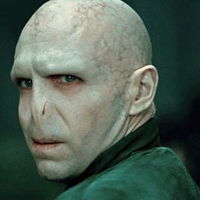

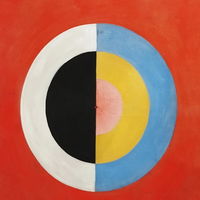
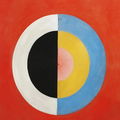
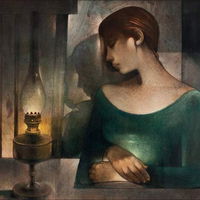

 Japarfumo21
Japarfumo21 BoBoChamp
BoBoChamp Edda32
Edda32 Gold
Gold Chanelle
Chanelle CharlAmbre
CharlAmbre Heikeso
Heikeso Shaking
Shaking Nico202122
Nico202122 Tuzaloo
Tuzaloo